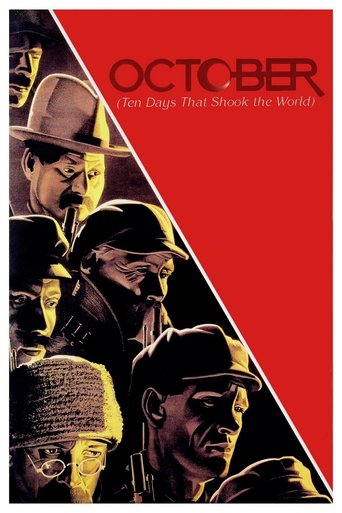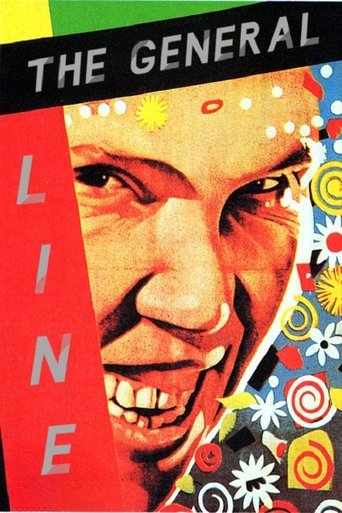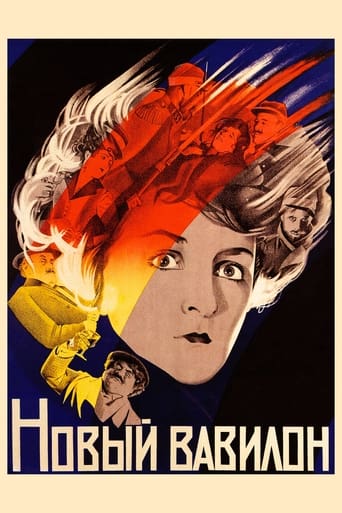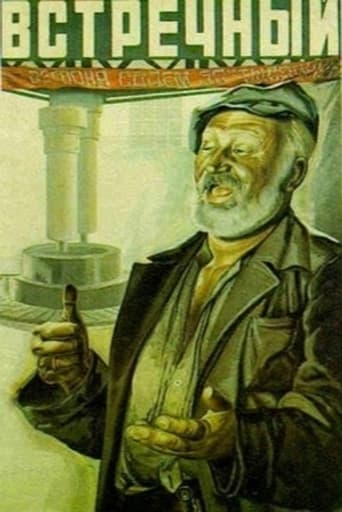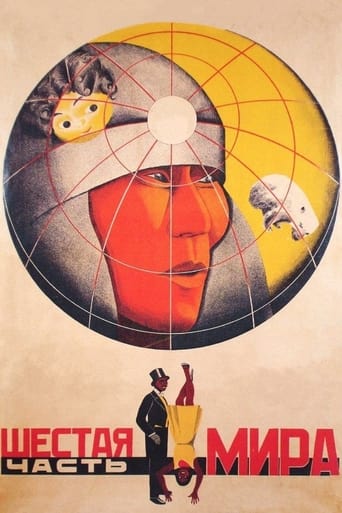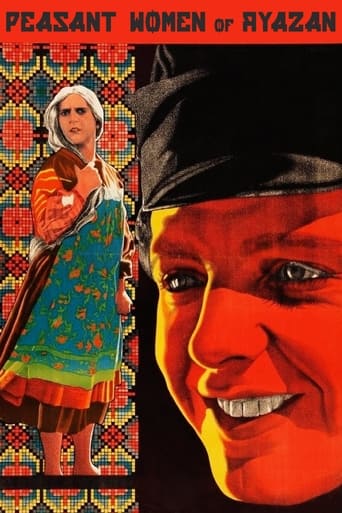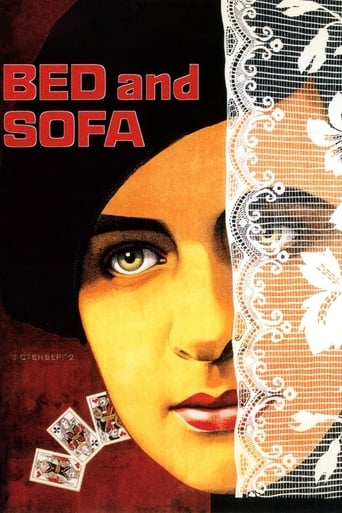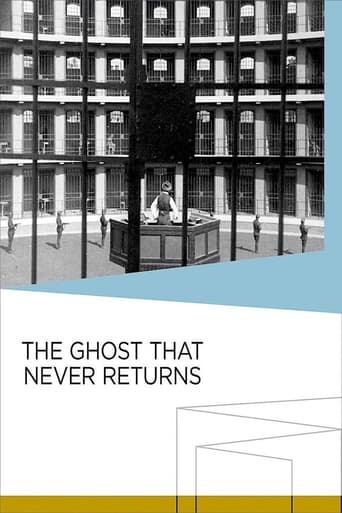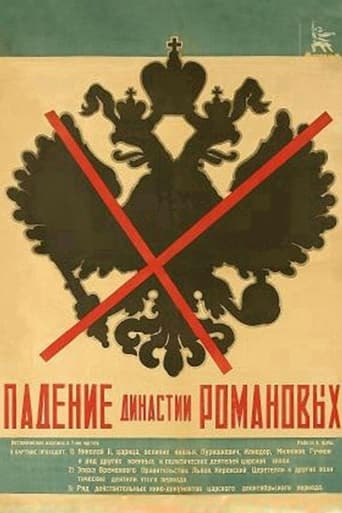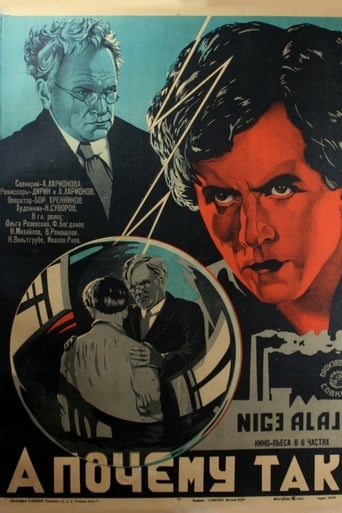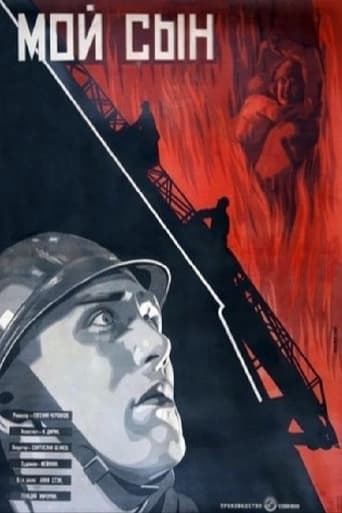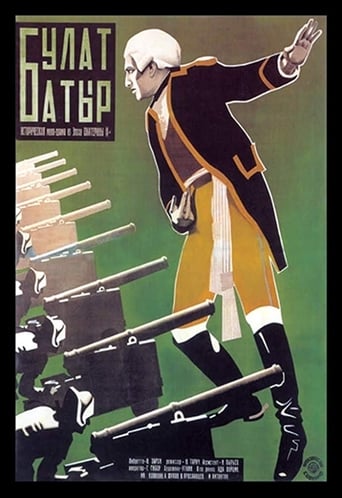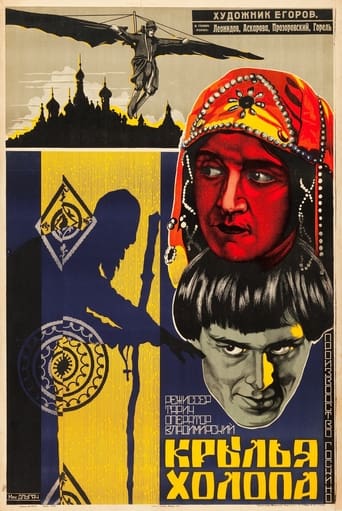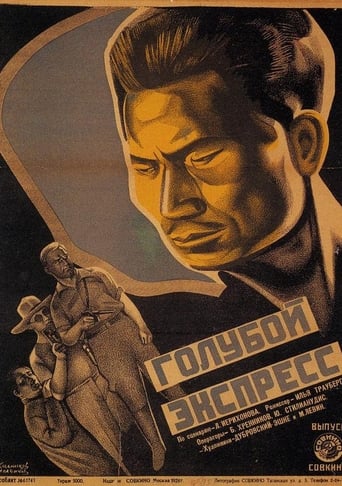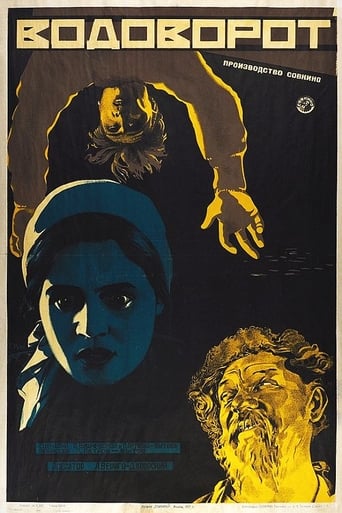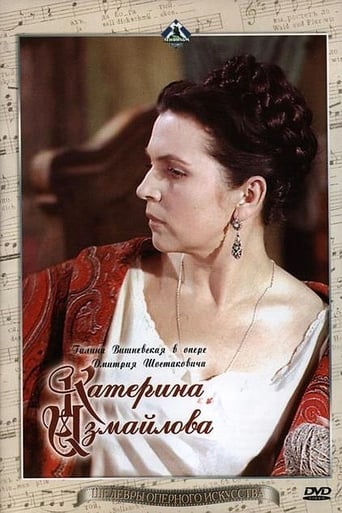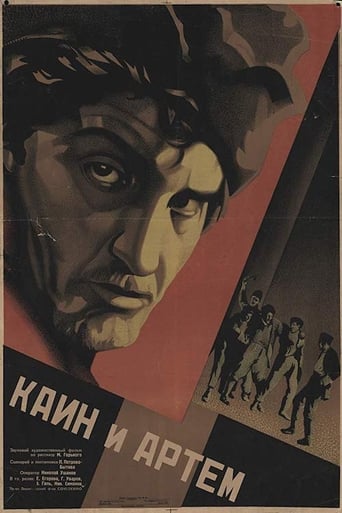A boy is sitting at a table, writing a letter for Boris Prutkov. The cartoon follows the journey of this letter from Rostov to Leningrad, where its addressee Prutkov has just left for Berlin; when the letter arrives in Berlin, Prutkov has just departed for London; as the letter arrives in London, Prutkov is already on a steamboat to Brazil, and once the letters is delivered by postman Don Basilio, Prutkov is already on his way back to Leningrad– where the letter, having followed Prutkov around the world, finally reaches him. The film sings a song of praise to the global postal services and to the reliability of the postmen, but it also tells the story of a journey around the world, returning once more to the new Soviet capital: Leningrad.
